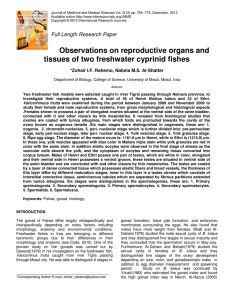Centennial Honors College Western Illinois University Undergraduate Research Day 2012
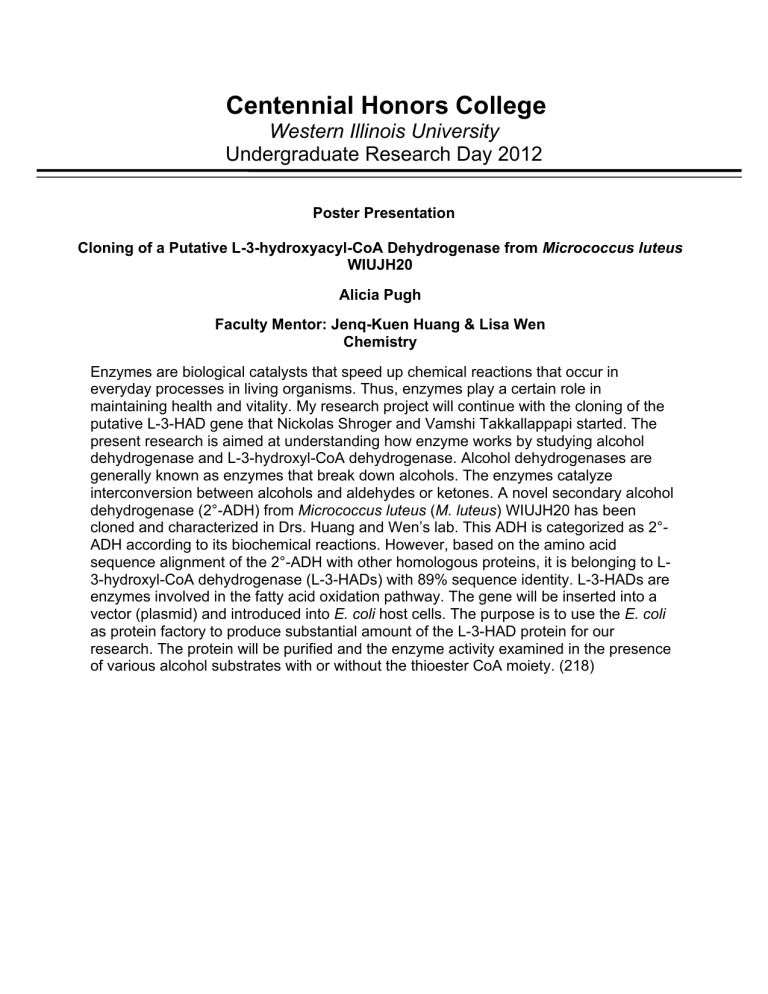
Centennial Honors College
Western Illinois University
Undergraduate Research Day 2012
Poster Presentation
Cloning of a Putative L-3-hydroxyacyl-CoA Dehydrogenase from Micrococcus luteus
WIUJH20
Alicia Pugh
Enzymes are biological catalysts that speed up chemical reactions that occur in everyday processes in living organisms. Thus, enzymes play a certain role in maintaining health and vitality. My research project will continue with the cloning of the putative L-3-HAD gene that Nickolas Shroger and Vamshi Takkallappapi started. The present research is aimed at understanding how enzyme works by studying alcohol dehydrogenase and L-3-hydroxyl-CoA dehydrogenase. Alcohol dehydrogenases are generally known as enzymes that break down alcohols. The enzymes catalyze interconversion between alcohols and aldehydes or ketones. A novel secondary alcohol dehydrogenase (2°-ADH) from Micrococcus luteus ( M. luteus ) WIUJH20 has been cloned and characterized in Drs. Huang and Wen’s lab. This ADH is categorized as 2°-
ADH according to its biochemical reactions. However, based on the amino acid sequence alignment of the 2°-ADH with other homologous proteins, it is belonging to L-
3-hydroxyl-CoA dehydrogenase (L-3-HADs) with 89% sequence identity. L-3-HADs are enzymes involved in the fatty acid oxidation pathway. The gene will be inserted into a vector (plasmid) and introduced into E. coli host cells. The purpose is to use the E. coli as protein factory to produce substantial amount of the L-3-HAD protein for our research. The protein will be purified and the enzyme activity examined in the presence of various alcohol substrates with or without the thioester CoA moiety.
(218)
Faculty Mentor: Jenq-Kuen Huang & Lisa Wen
Chemistry
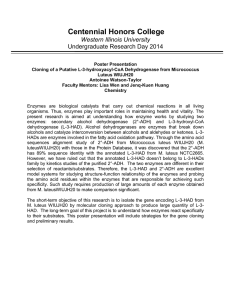
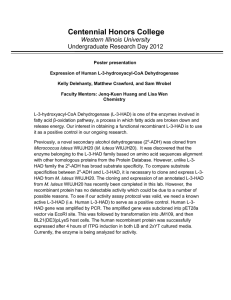
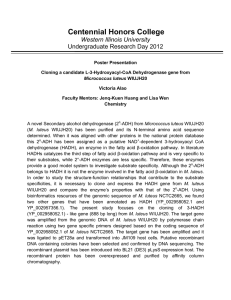
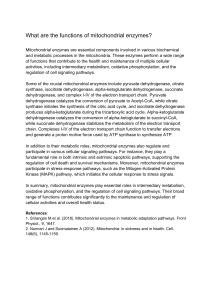
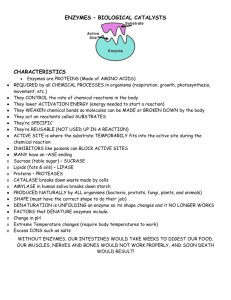
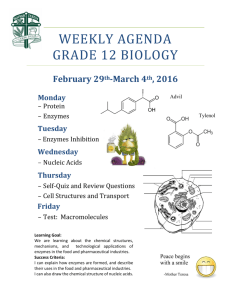
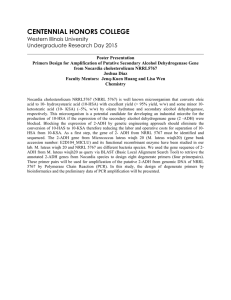
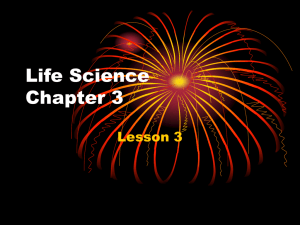
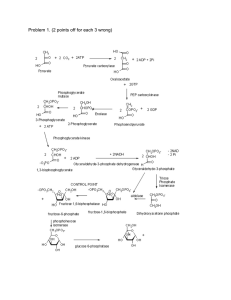
![Anti-Pyruvate Dehydrogenase E2 antibody [4A4-B6-C10]](http://s2.studylib.net/store/data/012091494_1-06ee5bc2ead8554d75205b5759bd552b-300x300.png)
![Anti-Aldehyde dehydrogenase 10 antibody [2A7] ab123910](http://s2.studylib.net/store/data/012640573_1-f352ad212b5e0f5e1a27fe569e70cdc0-300x300.png)
